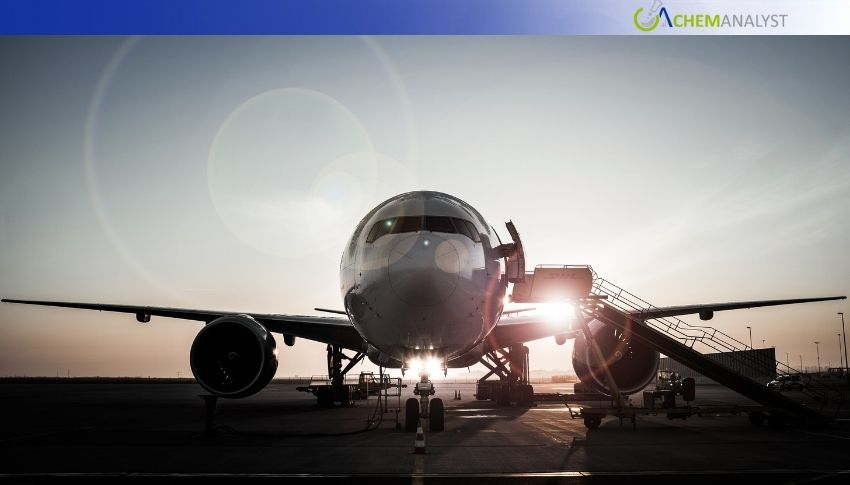Welcome To ChemAnalyst

Avia Solutions plans Europe’s largest SAF plant in Latvia, aiming for 100,000 tonnes annual output to meet rising EU mandates.
Avia Solutions Group, a prominent global provider of aircraft leasing and aviation services, has unveiled plans to construct the largest and most advanced sustainable aviation fuel (SAF) facility in Northern Europe. This major infrastructure project will be located in Latvia’s Liepaja Special Economic Zone (LSEZ) and will be executed through a newly established joint venture called NorSAF, in collaboration with regional partners.
The NorSAF plant is scheduled to commence operations by 2030 and aims to produce up to 100,000 tonnes of SAF annually. The total investment in the facility is estimated to range between €500 million and €600 million. Funding is expected to be sourced from a combination of European Union grants, institutional investors, and public-sector partners.
This ambitious venture supports the European Union’s aggressive climate goals for aviation. Under the ReFuelEU Aviation initiative, SAF is required to make up at least 2% of all jet fuel usage at EU airports by 2025, rising to 6% by 2030, 20% by 2035, and ultimately reaching 70% by 2050. These mandates are designed to significantly reduce greenhouse gas emissions from the aviation industry, which faces growing pressure to decarbonize.
Gediminas Ziemelis, Chairman of Avia Solutions Group, highlighted the strategic significance of the project, stating, “Global SAF production currently falls short of the increasing regulatory and market demand. The Liepaja plant will be a cornerstone in ensuring future supply chains for sustainable air travel.”
The facility will employ the PureSAF technology platform, developed by Swedish Biofuels and exclusively licensed to U.S.-based engineering firm KBR. This cutting-edge system is capable of reducing greenhouse gas emissions by up to 93% compared to conventional jet fuels. Crucially, it enables the production of both bio-based SAF and eSAF—synthetic SAF made using renewable electricity, green hydrogen, and recycled carbon dioxide. Under future EU mandates, synthetic SAF must constitute 1.2% of total SAF by 2030, increasing to 50% by 2050.
Vytautas Cekanavicius, CEO of Baltic Ground Services and board member at NorSAF, emphasized the plant’s fully integrated green energy model: “We are creating a closed-loop cycle by generating green hydrogen via electrolysis powered by renewable energy, then combining it with bioethanol and captured CO2 to produce SAF and eSAF. This approach is both ecologically responsible and scalable.”
Liepaja was strategically chosen due to its favorable infrastructure, including access to gas pipelines, a railway network, ethanol storage facilities, and the upcoming green hydrogen production hub. NorSAF is currently in discussions with potential CO2 suppliers to further support synthetic fuel production.
A comprehensive feasibility study, led by KBR, is underway and expected to be completed by the end of 2025. Construction of the SAF facility is projected to begin in 2027. Janis Kisiels, NorSAF board member, confirmed that the project timeline is on schedule: “We are actively engaging with investors, stakeholders, and EU institutions to initiate construction within two years. This initiative will place Latvia at the forefront of Europe’s sustainable aviation sector, while strengthening regional energy independence.”
The Baltic region currently consumes around 400,000 tonnes of aviation fuel annually. Under the EU’s 2% SAF requirement, regional demand amounts to just 8,000 tonnes—far below the planned output of the NorSAF facility. As a result, the Liepaja plant will not only satisfy local needs but also position itself as a vital exporter of SAF, becoming a key contributor to Europe’s green aviation transition.
We use cookies to deliver the best possible experience on our website. To learn more, visit our Privacy Policy. By continuing to use this site or by closing this box, you consent to our use of cookies. More info.
